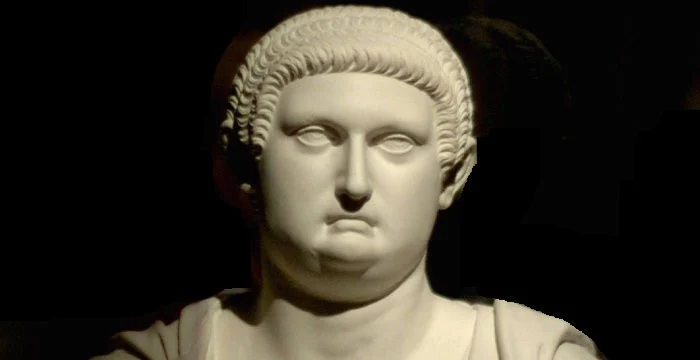The reign of Otho stands as a brief but poignant chapter marked by ambition, betrayal, and tragedy. As one of the short-lived emperors of the Year of the Four Emperors, Otho's rise to power and ultimate downfall offer a captivating glimpse into the tumultuous politics of ancient Rome. Let us delve into the life, reign, and legacy of Otho, the tragic emperor of Rome.
Early Life and Rise to Prominence
Otho, originally named Marcus Salvius Otho, was born in 32 AD into a distinguished family of Etruscan origin. From an early age, Otho displayed ambition and political acumen, distinguishing himself as a capable administrator and military commander. His friendship with the Emperor Nero, whom he served as a trusted advisor, helped to elevate Otho's status within the Roman elite.
Otho's Alliance with Galba and Betrayal
Following the death of Nero in 68 AD, Otho's fortunes took a dramatic turn with the ascension of the elderly Galba to the imperial throne. Galba, seeking to shore up his support among the military and secure his position as emperor, appointed Otho as governor of Lusitania (modern-day Portugal). However, tensions soon arose between Galba and Otho, culminating in Otho's decision to betray his benefactor and seize power for himself.
Otho's Ascension to the Throne
In January 69 AD, amidst growing discontent and unrest within the Roman legions, Otho orchestrated a coup d'état against Galba, proclaiming himself emperor with the support of the Praetorian Guard. His ascension to the throne was met with mixed reactions, with some hailing him as a bold and decisive leader, while others viewed him as a usurper and opportunist.
Otho's Reign: A Brief Interlude of Stability
Despite the controversy surrounding his rise to power, Otho's brief reign as emperor was marked by efforts to restore stability and order within the empire. He sought to win over the support of the Roman populace through acts of generosity and benevolence, including the distribution of grain and the repeal of certain unpopular policies implemented by Galba.
Otho's Tragic End
Otho's reign, however, would be short-lived, as his legitimacy as emperor came under threat from rival claimants to the throne. In March 69 AD, the general Vitellius, supported by the legions in Germany, launched a rebellion against Otho's rule. Despite putting up a valiant defense, Otho's forces were defeated in the ensuing Battle of Bedriacum, forcing Otho to contemplate his next move.
In a tragic turn of events, rather than subjecting Rome to further bloodshed and civil strife, Otho made the fateful decision to take his own life. On April 16, 69 AD, Otho died by suicide, bringing an abrupt end to his brief and tumultuous reign as emperor.
Otho's Legacy: A Tragic Footnote in Roman History
Otho's reign as emperor of Rome stands as a tragic and cautionary tale of ambition, betrayal, and ultimately, self-sacrifice. Though his time in power was brief, Otho's actions left an indelible mark on the course of Roman history, serving as a stark reminder of the perils of unchecked ambition and political intrigue. As we reflect on Otho's legacy, we are reminded of the fragile nature of power and the enduring allure of Rome's tumultuous past.




